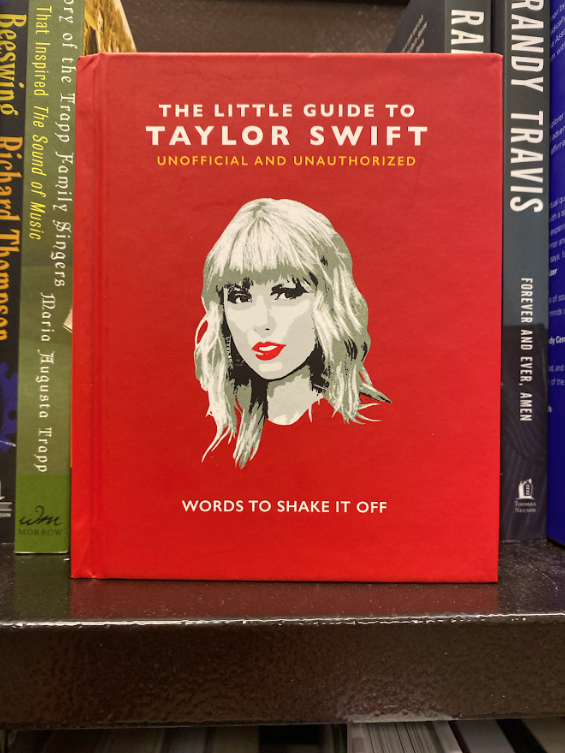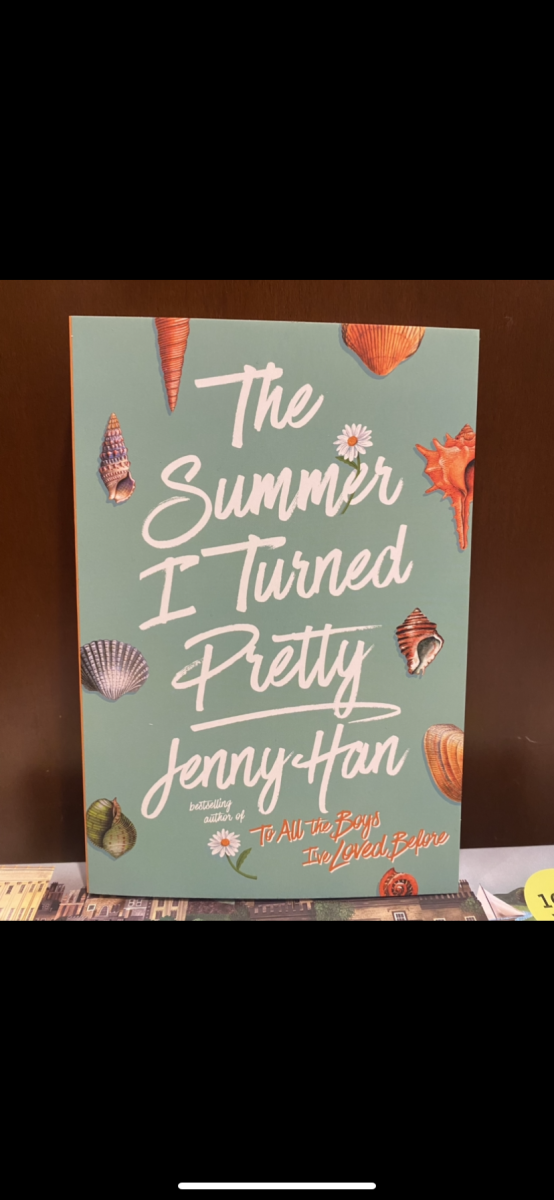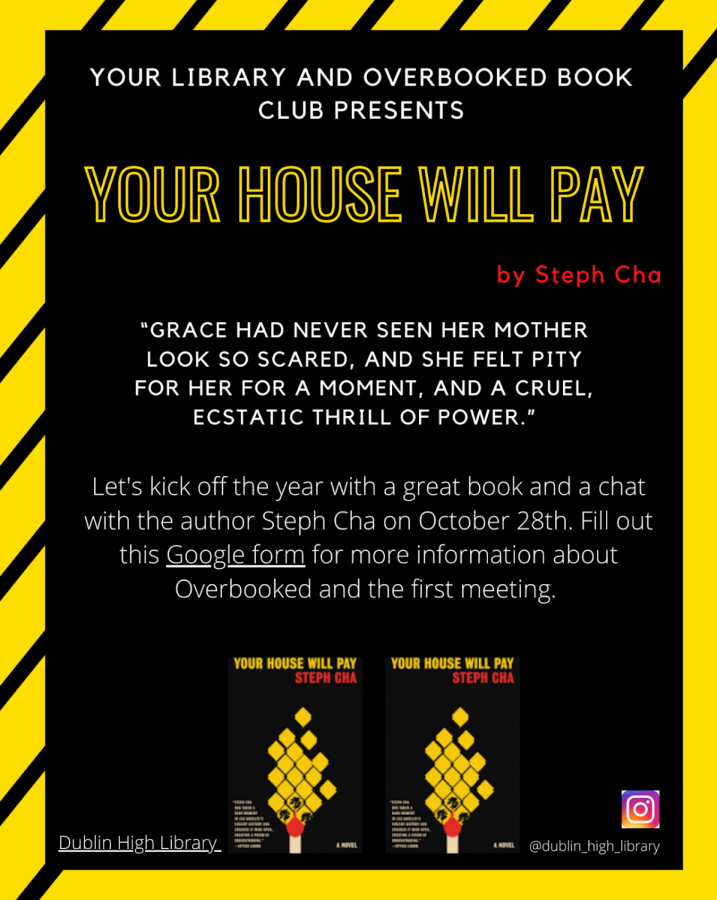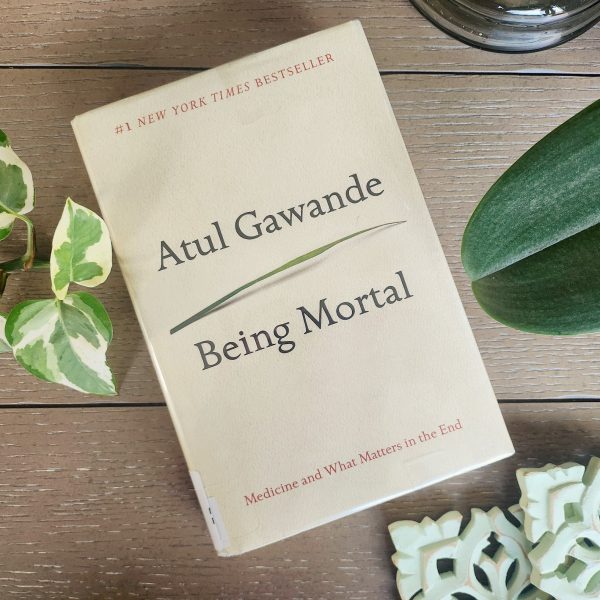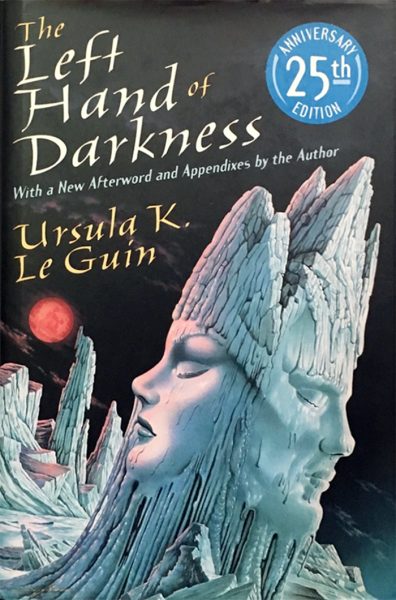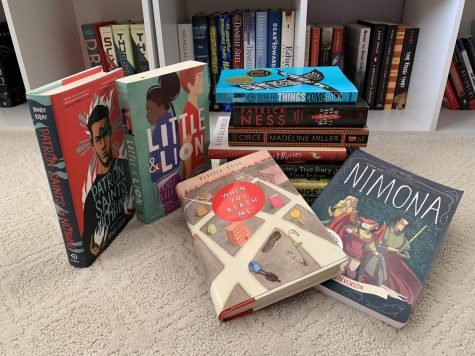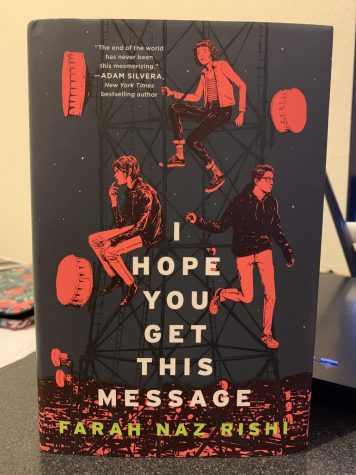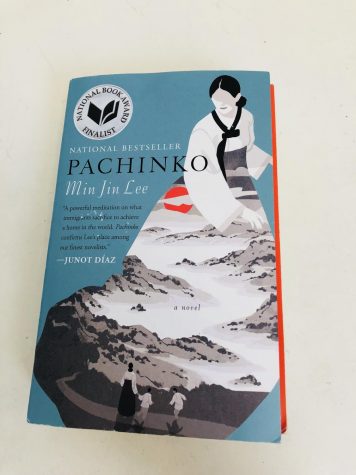Your House Will Pay Live Chat: With Author Steph Cha
Books create bonds between so many people each and every day, and it is those bonds that help us keep going even during times like this. At Dublin High School, the Overbooked Book Club brings people together through books, and continues to do so, even during the COVID pandemic. On the 28th of October, at 2 PM, our school’s book club collaborated with the book club of Amador High School, to host a live chat with author Steph Cha through Zoom, about her award winning book, Your House Will Pay.
The book was originally inspired by the story of Latasha Harlins, a 15-year-old African-American girl who was shot in the head and killed in a Korean owned liquor shop in LA because of a mere bottle of orange juice worth $1.79. The fictitious story follows the lives of the families related to a very similar crime, decades after its occurrence.
She wanted to explore “those feelings of guilt and complicity and shame and anger [that] would play out in the family members of both the victim and the shooter,” the author, Ms. Cha explains in a previous interview. Being a Korean-American from LA herself, hearing about this murder had evoked an array of emotions in her, which she then implements into her characters. Using fiction as a medium, Ms. Cha elaborates on real feelings and issues many people have in the country.
Your House Will Pay was published in October 2019, just months before the murder of George Floyd, making the book seem very timely, but “These stories are continuous,” Ms. Cha explains sadly. At the live chat event, she talks about how brutality against the African American community is an issue ongoing for years. Even though the book was published in 2019, the author had actually begun writing the book at the end of 2014, after the murder of Michael Brown. A great amount of unrest had been caused in the country then, just like with the recent murder of George Floyd. She’s studied more about the history of the oppression of African-Americans since then, before finally publishing her book five years later. Discrimination and murder has happened in the past and will continue, causing outbreaks of civilian outcry, until acceptance is eventually established. Ms. Cha even starts and ends her story with riots to symbolize that continuous struggle for equality in the country. While “nobody has a great outcome,” when looking at the beauty of the destruction together, there can at least be “moments of connection” and “moments when people can be real,” Ms. Cha optimistically finishes.
But at least for now, racial inequality is real. In the book, Grace Park, the shooter’s daughter and one of the main characters, isn’t even aware of her mother’s wrongdoings till her twenties. She’s lived her whole life in a little bubble, thinking that “whatever happening in the US on that political level, had nothing to do with her,” and being “ignorant,” as Ms. Cha puts it. But inequality and tensions between different racial groups are real. Even in our school, we can easily look around to see how students tend to associate with people of their own race. And it’s not just those people with black or white skin– it’s all of us.
The battle for social change has been going on for decades, and although many fights have been won, we are certainly not there yet. Mrs. Spence, the teacher librarian at DHS and advisor of the Overbooked Book Club, hopes that the live chat and other opportunities like this would be a space where students can talk “about the larger and very important conversation of ethnicity and race and how that relates to relationships within a community.”
Your donation will support the student journalists of Dublin High School. Your contribution will allow us to purchase equipment and cover our annual website hosting costs.
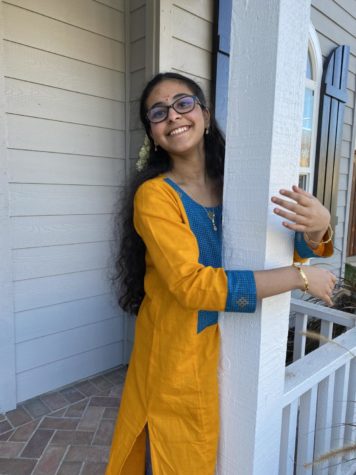
Riddhi Nanda Kumar is a sophomore at Dublin High School. As a book lover with a curious heart and an open mind, she finds herself spending time in libraries...

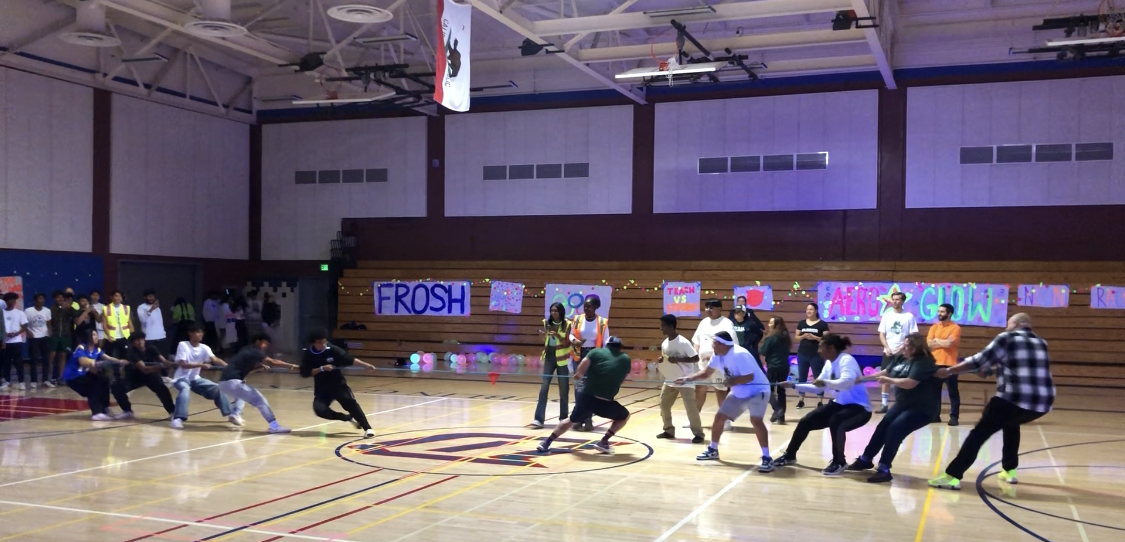

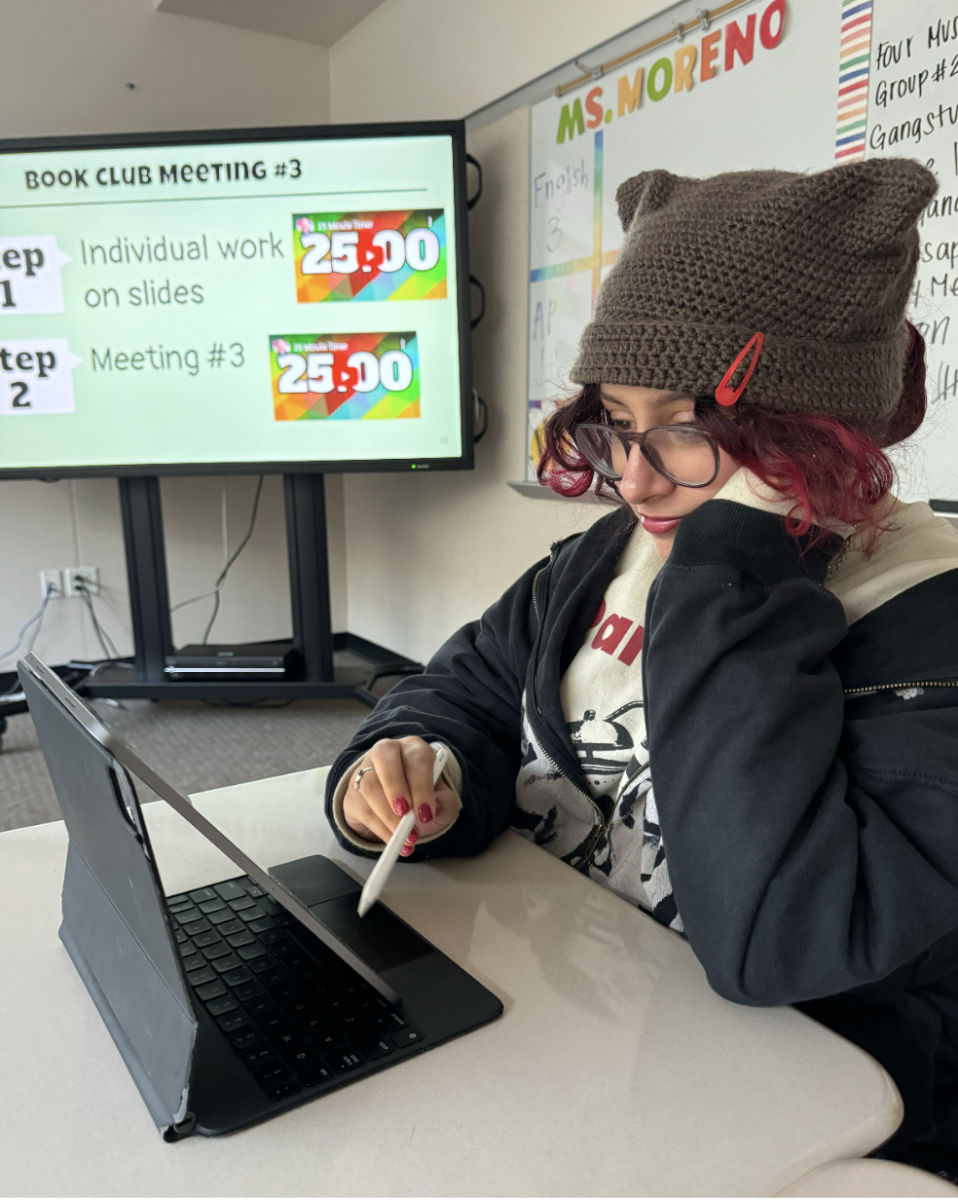
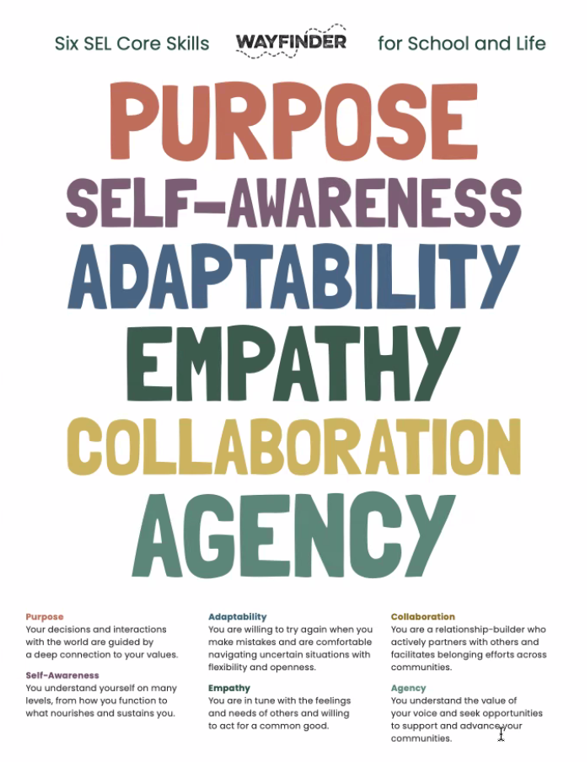
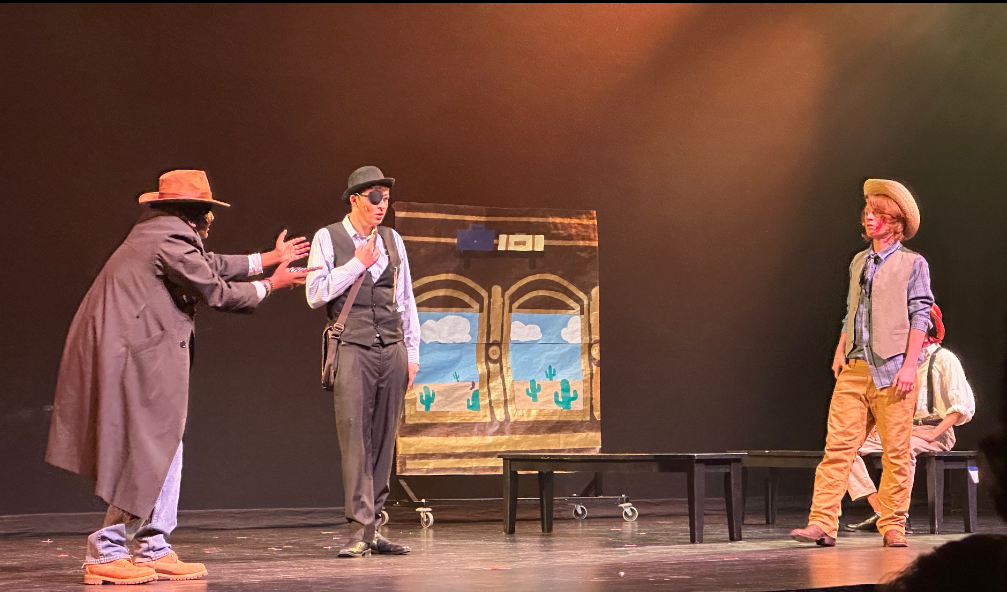


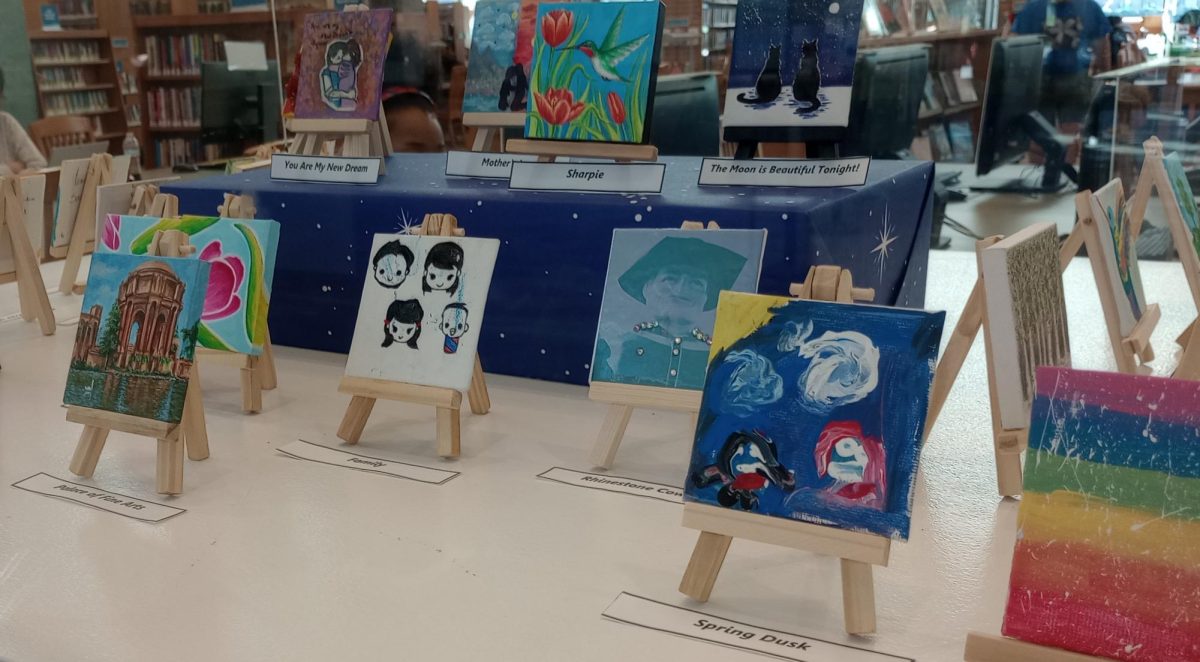
![[Book Review] Weapons of Math Destruction: The insidious danger of Big Data](https://thedublinshield.com/wp-content/uploads/2024/06/wmdsarticle-727x1200.jpg)
